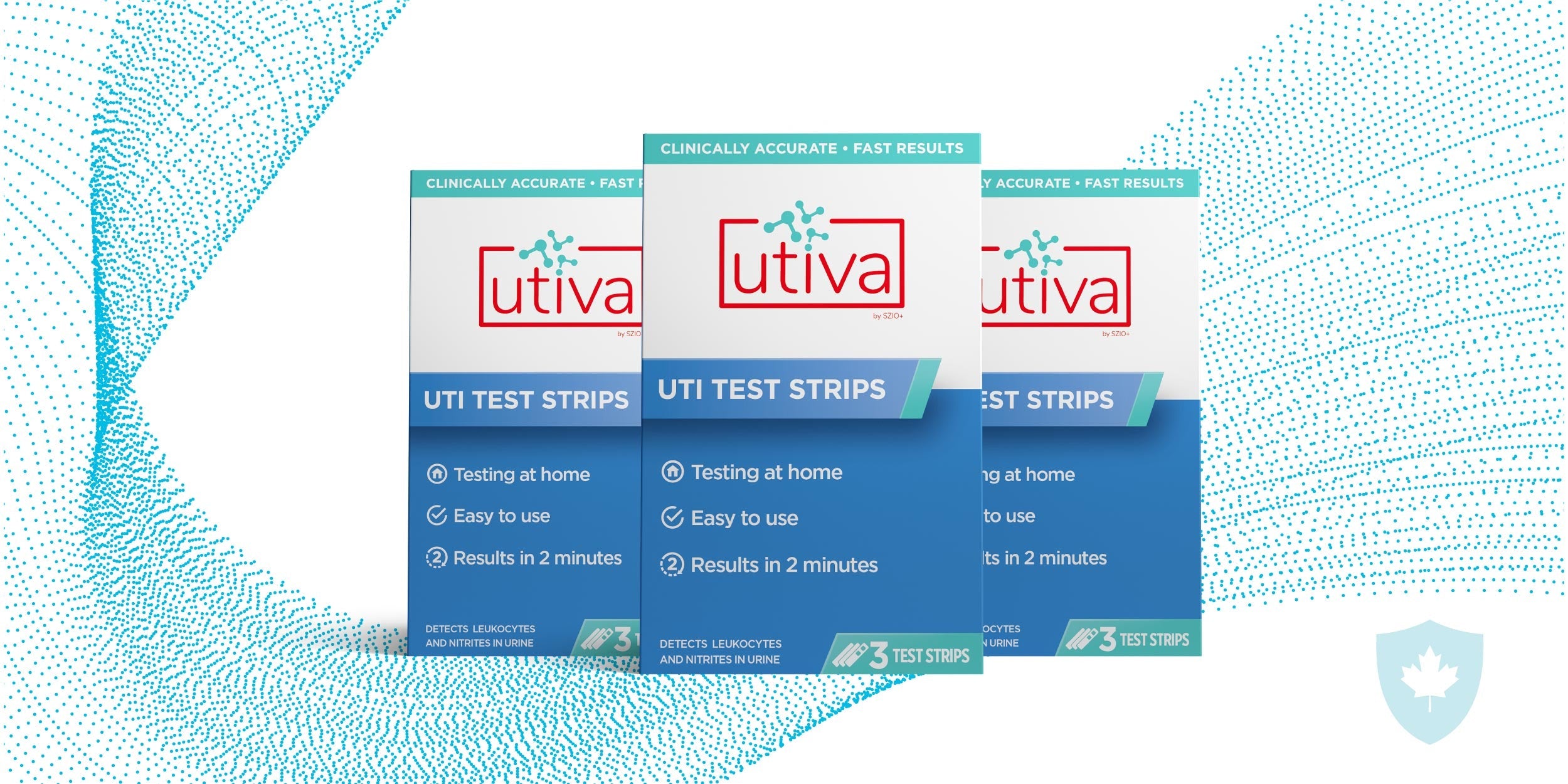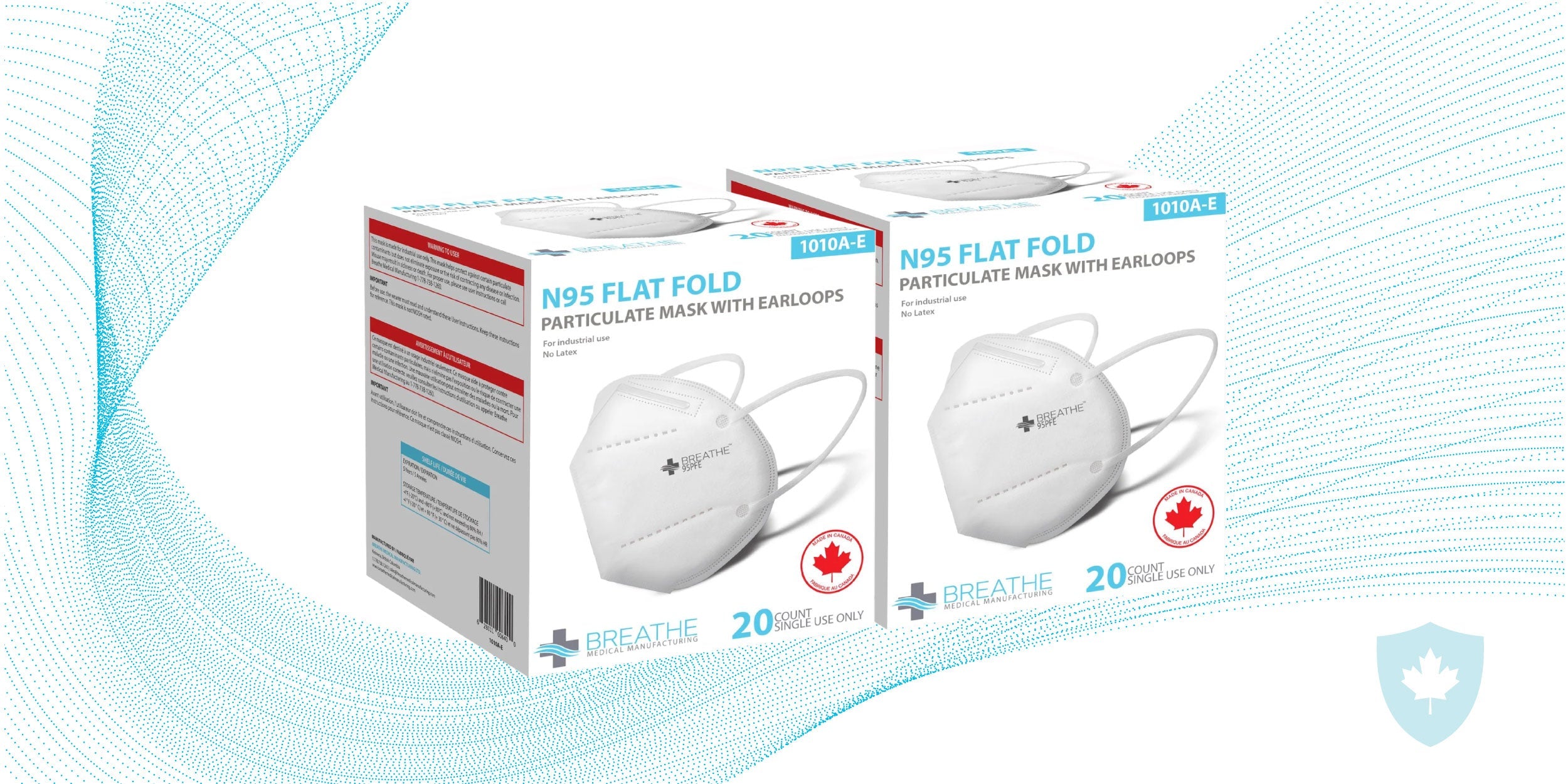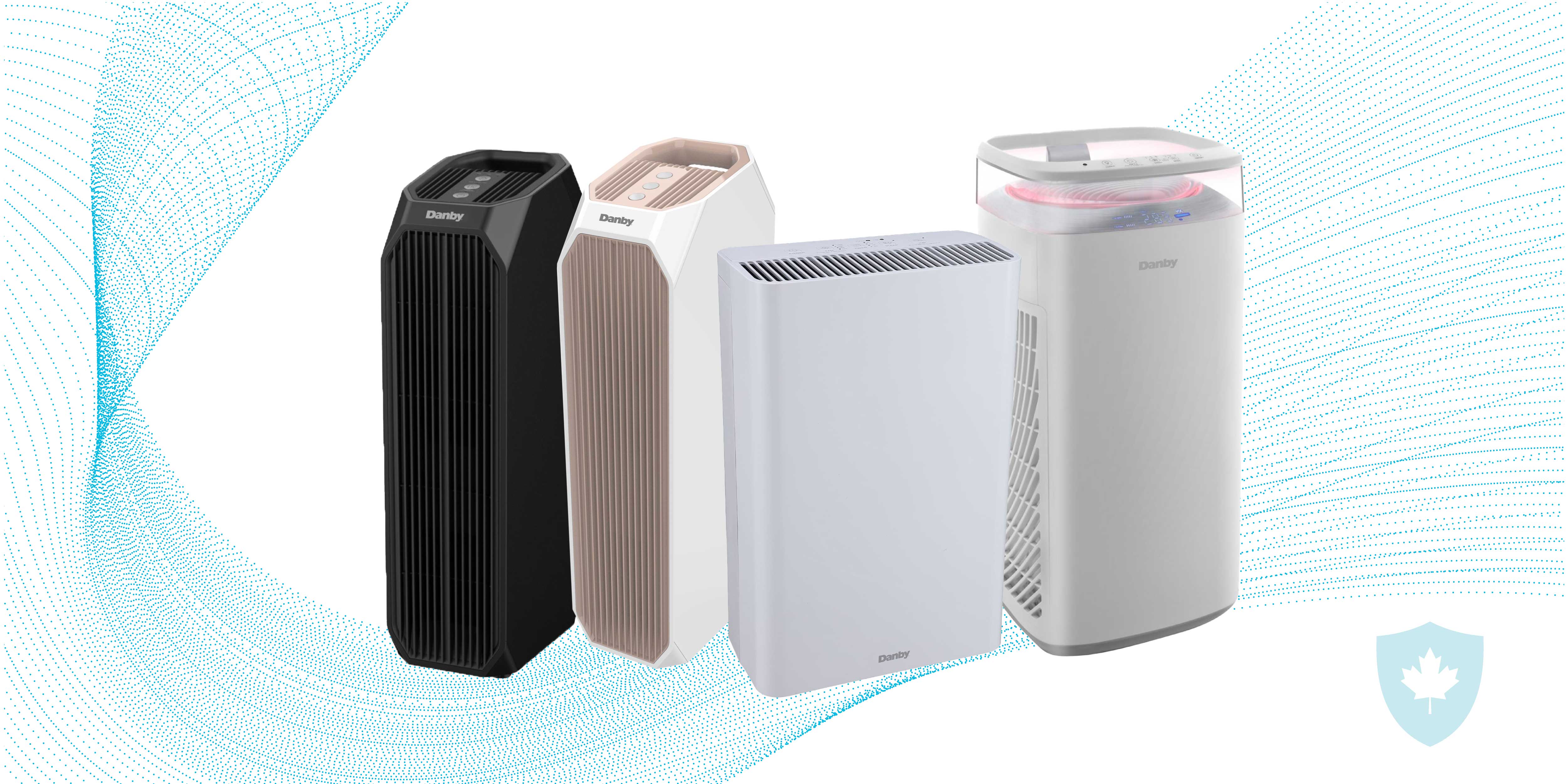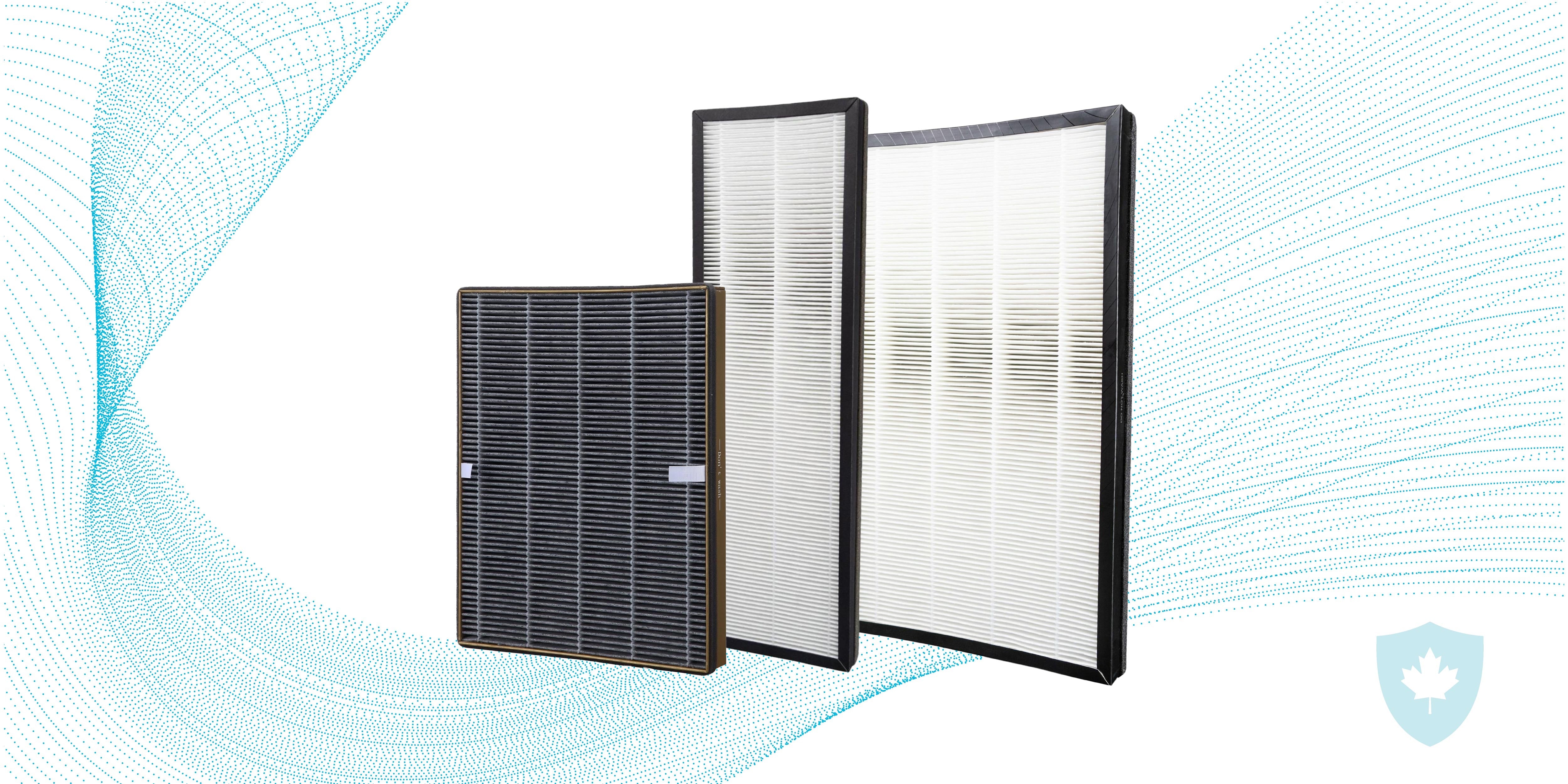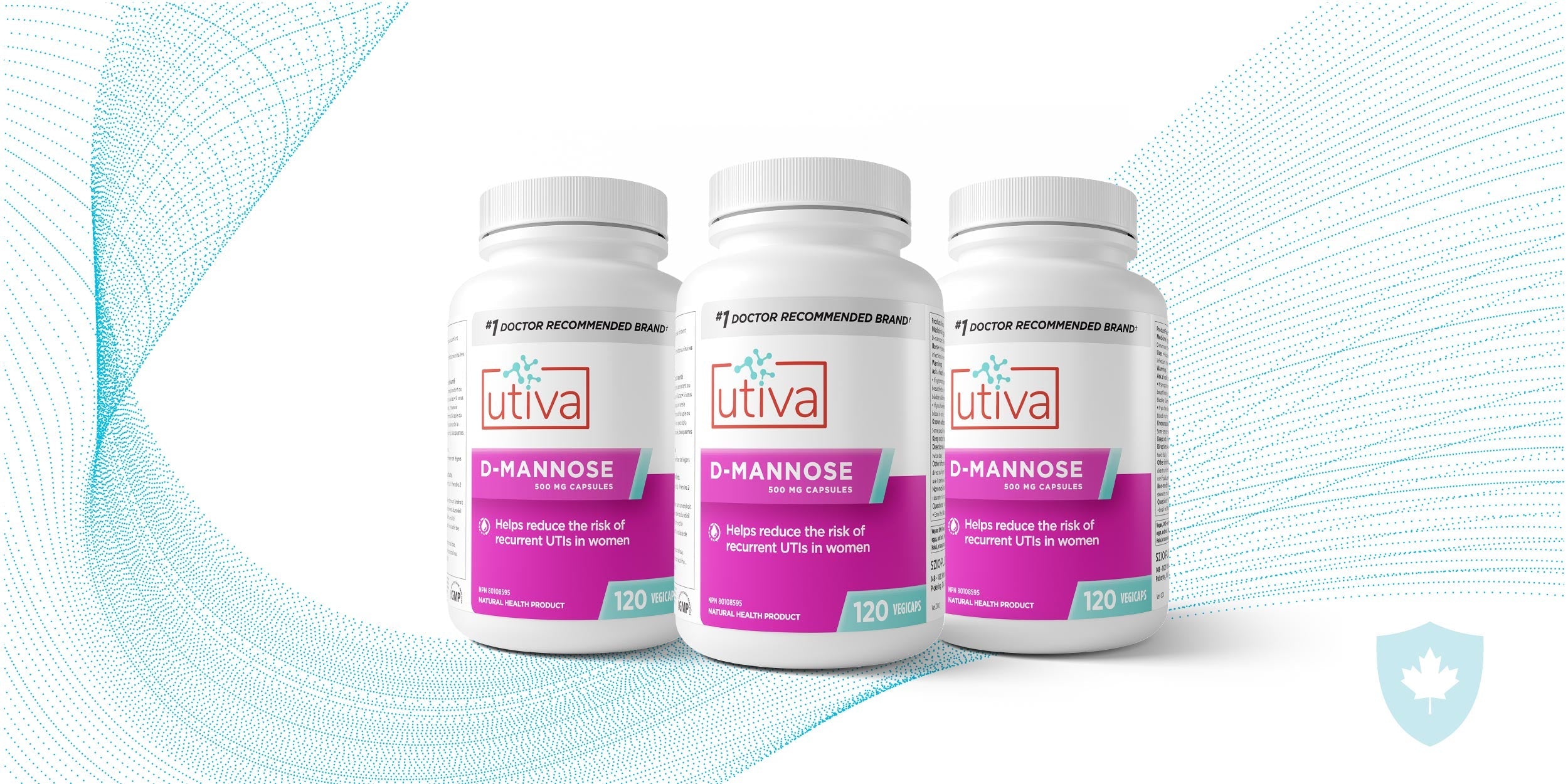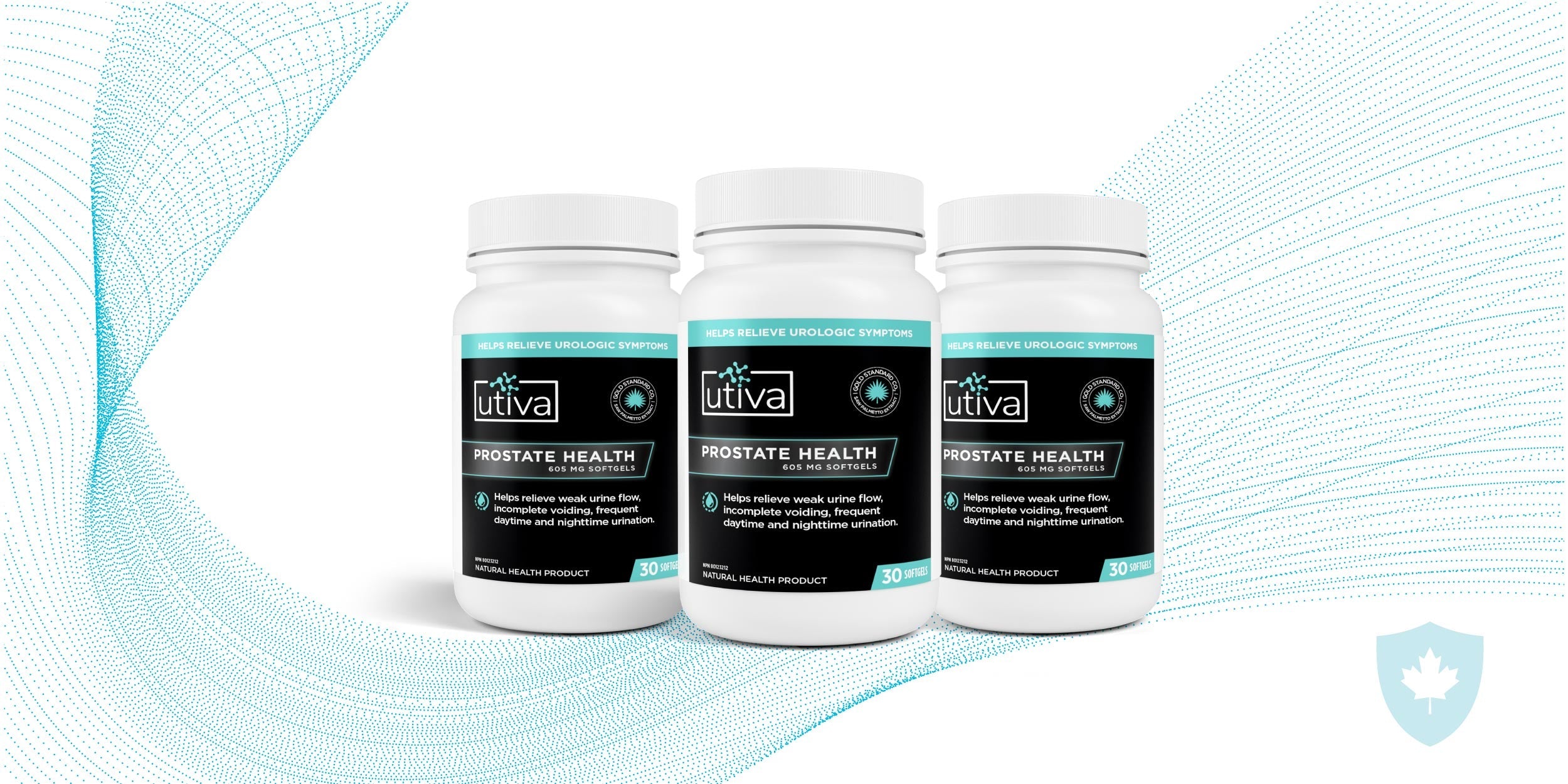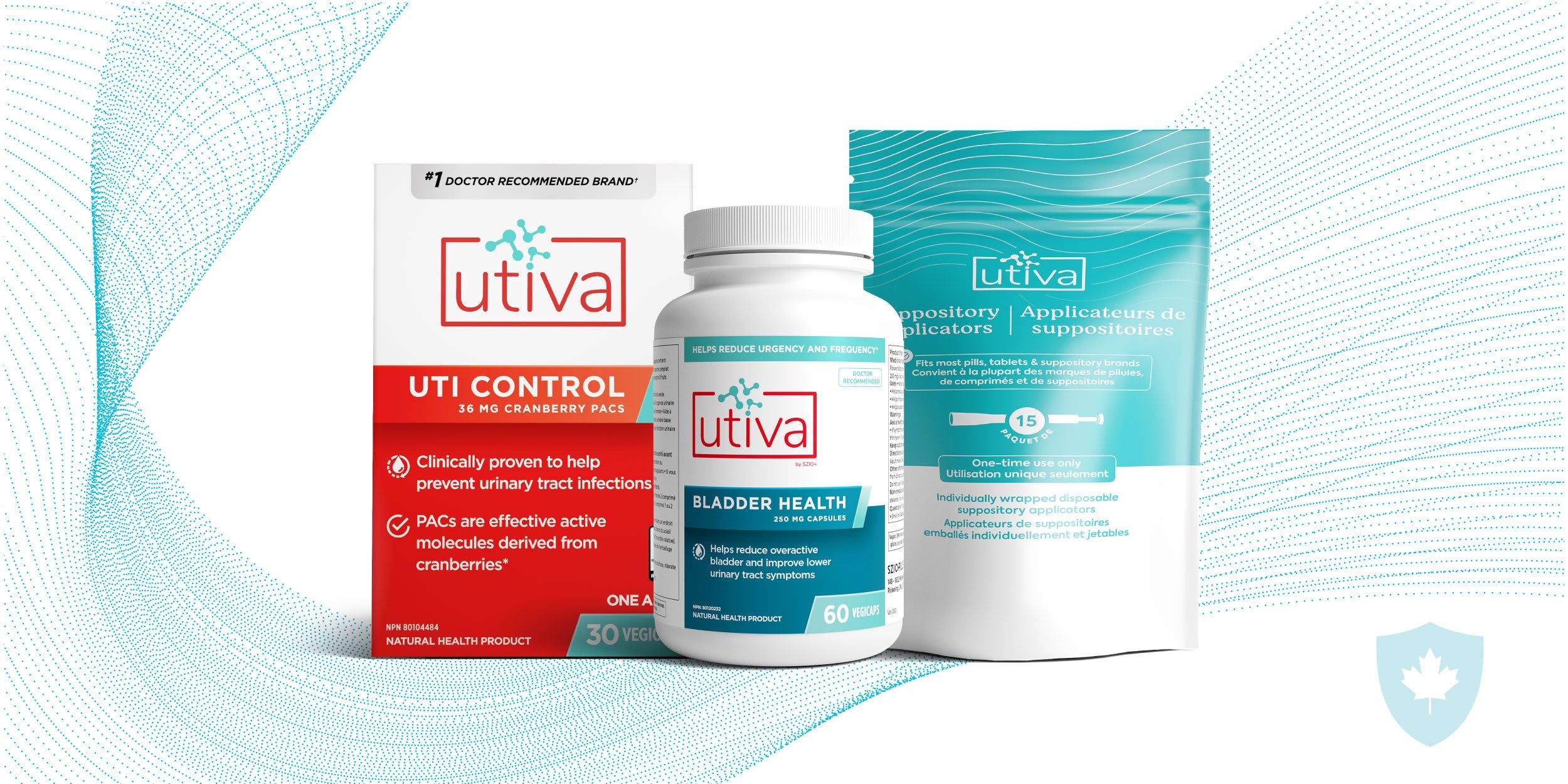Canadian Medical Mask Recommendations

Over the past year, the recommendations for Canadians around masks and face coverings have changed significantly. In Spring 2020, supply levels of medical-grade face masks were at an all-time low, and any medical-grade masks that were available were to be reserved for the critically in-need healthcare system.
Since last year, hundreds of Canadian companies, including The Canadian Shield, have re-tooled to help build capacity for medical-grade PPE manufacturing in Canada. After a year of mass production, supply levels of medical-grade masks in Canada have increased dramatically.
With significant supply now available to the general public, many Canadians are opting to wear medical-grade masks. New research has shown that medical-grades masks, such as ASTM Level 3, and even double-masking can greatly increase the effectiveness of protecting against COVID spread.
At this point in time, the Canadian government has yet to make any official recommendations around mandatory medical masks or double masking. However, many other countries including Germany, France and Austria have implemented measures to make medical masks mandatory for the general public. The United States Centers for Disease Control and Prevention also recently issued the recommendation that double-masking significantly reduces the spread of COVID.
The Canadian Shields understands that recommendations are continually changing. That’s why we’re committed to educating the public on the availability and benefit of medical-grade masks in the fight against COVID-19.
ASTM and Medical-Grade Masks
What exactly does ASTM mean?
ASTM stands for the American Society for Testing and Materials, but today the organization is known as ‘ASTM International’. In Canada and the United States, we use the ASTM F2100 standard for medical masks. However, it’s important to note that ASTM F2100 is not to be confused with the recently released ASTM F3502 standard. The new ASTM F3502 standard is specifically designed for non-medical face coverings. This means that even if a mask claims to meet ASTM standards, you’ll want to double check that it meets the requirements laid out for medical masks in ASTM F2100.
The ASTM F2100 standard for medical masks is made of five main testing criteria:
- Bacterial filtration efficiency
- Differential pressure
- Sub-micron particulate filtration efficiency
- Splash resistance/synthetic blood resistance
- Flame spread
Masks are then categorized into one of three ASTM F2100 levels based on how they measure for each of the criteria above. Masks that meet the requirements for any of the three ASTM levels are often also referred to as ‘medical-grade masks’. Masks that do not meet the standard ASTM requirements, or, have not been tested, are referred to as ‘non-medical’ or ‘unrated’ masks.
ASTM Level 1 masks are intended for environments where low amounts of fluid, spray, and/or aerosols are produced. ASTM Level 2 masks are intended for environments where low to moderate amounts of fluid, spray, and/or aerosols are produced. ASTM Level 3 masks are intended for environments where high amounts of fluid, spray, and/or aerosols are produced. To review the exact testing requirements for each of the ASTM F2100 levels, click here.
While ASTM Level 1 masks achieve a 95% Bacterial Filtration Efficiency (BFE) and Particle Filtration Efficiency (PFE) rating, Level 2 and 3 masks achieve a slightly higher rating at 98%. The biggest difference between Level 2 and 3 masks is the Fluid Resistance measurements, which is the mask's ability to repel fluid, spray and/or aerosols.
Why The Public Should Be Wearing Medical-Grade Masks
The argument as to why the general public should be wearing medical-grade masks is quite simple - medical-grade ASTM masks are proven to provide better protection and filtration than unrated masks.
Just last month, Germany implemented mandatory medical masks, among other lockdown restrictions, and has seen a dramatic decline in deaths since implementing stricter PPE requirements for the general public.
Other Canadian recommendations, such as those laid out in this CBC article, state that because of the additional filtration properties ASTM Level 3 masks provide, they offer the most effective protection for wearers. Furthermore, as Canada continues to experience significant delays and complications of acquiring and distributing COVID-19 vaccines, medical-grade masks provide the next best line of defence for Canadians.
On the opposite end of the spectrum, some officials may be against medical-mask recommendations for the general public due to the threat of reducing supply for healthcare. While this was a valid concern at the start of the COVID-19 pandemic, production capacity in Canada has since skyrocketed and in some cases has even resulted in massive stockpiles of masks.
In fact, most of the Canadian-made medical masks currently being produced are unable to be delivered into the healthcare system due to existing contracts with foreign importers. This means that tens of millions of medical-grade face masks are sitting in warehouses across the country, when they could be used to protect the general public.
A recent article from the Globe and Mail estimated that if medical-masks were to be made mandatory in Canada, we would need 124 million masks a month, at just one mask per adult per week. While this is a large volume of masks, The Canadian Shield has the capacity to produce approximately 20% of the masks required based on these calculations. The Canadian Shield is not alone in their ability to meet this need — dozens of other manufacturers in Canada have built up production capacity in order to supply the demand for medical-grade masks in Canada.
There has also never been a better time to buy medical-grade masks in Canada. With the increased supply of medical masks across the world, prices have come down significantly from their peak at pandemic surge pricing. This means that ASTM Level 1, 2 and 3 medical-grade masks are now more affordable and readily available than ever before.
This is why Canadian-made medical-grade masks are available, affordable, and are ultimately the best line of defence that the general public has against COVID-19 until a vaccine is widely available.
Why Buying Canadian-Made Medical-Grade Masks Is Important
While buying ASTM compliant face masks is a step in the right direction, buying Canadian-made medical-grade masks is the best scenario for our economy.
When you choose to purchase medical-grade masks that are made in Canada, you are making an informed choice that is beneficial to you and other Canadians. Buying a mask that has been produced by a reputable manufacturer and tested for ASTM compliance means you’re buying a quality, reliable piece of PPE, made by Canadians for Canadians.
Buying directly from Canadian manufacturers of medical-grade masks also means you’re directly supporting Canadian companies, workers, and industries.
Manufacturing medical-grade masks in Canada allows for maximum control over the quality of the product that makes it out the door. The Canadian Shield is proud to uphold some of the highest standards for quality in the industry.
Why The Canadian Shield Masks Are Different

The Canadian Shield medical-grade masks are manufactured using tested and verified material suppliers who are upheld to stringent quality standards. We pride ourselves on using top-of-the-line advanced automation technology to ensure every single mask that comes off of our production line exceeds expectations.
We’ve made significant investments into our production lines and manufacturing capabilities to ensure we are able to meet the demand for medical-grade masks in our country and to guarantee everyone access to medical-grade masks.
We’re here to help you and supply you with the resources to make informed decisions to support a stronger, healthier, and well-protected Canada.



